There are three main reasons why his monomyth and The Hero with a Thousand Faces have lost are interpreted differently by different cultures (Chafe, 1975) in myths across cultures, but it When examining creation stories and creation myths across cultures, there are several obvious similarities and differences that exist While these creation myths are important to observe and offer ideas about, it seems that the most vital task is not in analyzing the smaller differences or common elements, but to look at the ways in which the larger concepts such asTo recognize the similar patterns in myths from different cultures The Pattern of Flood Myths The myth of a disastrous and widespread flood is found in many cultures of the world For example, the Hebrew story of Noah's Ark, and the Chinese story of a Great Flood Flood myths usually follow this pattern • Cause The flood is humankind's

Heracles Greek Heroes In Popular Culture Through Time 2 3 Youtube
Hero myths from different cultures
Hero myths from different cultures- The Greek hero Heracles (Latin Hercules) will stand as our model Mythic Hero since he exemplifies most of the associated traits but we shall consider other mythic heroes from an assortment of cultures in our search to understand what exactly we mean byComparative mythology is the comparison of myths from different cultures in an attempt to identify shared themes and characteristics Comparative mythology has served a variety of academic purposes For example, scholars have used the relationships between different myths to trace the development of religions and cultures, to propose common origins for myths from different cultures



Nagy S Ancient Greek Hero Second Most Popular Course For Undergrads Department Of The Classics
Exploring the Myths and Symbols As you learned in the unit, cultures have a lot on common One of the ways scholars of mythology know so much about the beliefs of past cultures is through the artifacts that they leave behind These tell us a lot about a culture's beliefs and values Fortunately, a lot mythology 7 lab questions Read More » "Myths are first and foremost psychic phenomena that reveal the nature of the soul" (Carl Jung) Myths have served various functions in different cultures across time One of the more common of these functions has been to provide individuals with a template or model to assist in their psychological maturation and development Campbell's research led him to focus on comparative mythology;
Flood myths Flood myth Wikipedia Creation myths Creation myth Wikipedia Origin myths Origin myth Wikipedia Comparative mythology Wikipedia will tell you moreNative American Culture Heroes from Various Tribes Amalivaca (Tamanaco culture hero) CharredBody (Hidatsa culture hero) Glooscap (Wabanaki culture hero)Here we look at four types of myths and how they show up in cultures across the world Arthur in Avalon by Sir Edward Burne Jones (1118) Museo de Arte, Ponce, Puerto Rico
Modern superheroes are based on archetypes drawn from heroes in ancient Greek, Roman and Norse mythologies (Sam Bigelow) Some superheroes, like Thor, are directly drawn from ancient mythology We all deal with death in different ways Indeed, as them any myths about death in cultures from around the world demonstrate, there are as many ways to understand death as there are people in theFind several examples of myths from different cultures around the world Please list the myths you've chosen and from what part of the world they originate A hero might be forced to learn to care about people after an evil serpent turns his family into trees 4 Create a hero




5 Myths From Around The World




Cultural China Series Chinese Myths Legends Legends Of The University Deities And Heroes By Chen Lianshan Isbn
Shared Stories Common themes in myths and legends across cultures There are many examples of similar themes in the mythology of different cultures For example, the Thais, the Chinese, and Japanese and the Koreans all have a tradition about a rabbit in the moon but they both have stories of the folk hero Effendi Nasreddin Hodja It isSpecifically, he looked at what myths from different cultures had in common, rather than what they didn't Everywhere Campbell searched, he found it a single storytelling arc, the ubiquitous story that every culture from Mesopotamia to our modern Western Society uses to pass mythology, specifically focusing on the hero's journey When the similarities of different myths across different cultures are analyzed, it becomes clear that there are modern analogs that incorporate mythic qualities and cultural values These mythic foundations are analyzed here in




The Evolution Of Hero In Storytelling In Storytelling Nonfiction Writing Hero




Research Paper Draft One By Mkhsvp19 Issuu
The term is also used in a specialized sense for any figure celebrated in the ancient legends of a people or in such early heroic epics as Gilgamesh, the Iliad, Beowulf, or La Chanson de Roland Read More on This Topic Hinduism Narratives of culture heroesBeowulf is the monsterslaying hero of an early English epic Chinese myths tell of Yi, an archer so skilled that he was able to shoot down extra suns in the sky Rama, hero of the Hindu epic the Ramayana, defeats fearsome demons called Rakshasas in a series of duels The Celtici hero Finn leads a band of warriors against animal, human, and supernatural foesMyth Myth Relation of myths to other narrative forms In Western culture there are a number of literary or narrative genres that scholars have related in different ways to myths Examples are fables, fairy tales, folktales, sagas, epics, legends, and etiologic tales (which refer to causes or explain why a thing is the way it is) Another form of tale, the parable, differs from myth in its




Comparative Mythology Wikipedia




American Literature I Cultural Mythology What Is Myth A Good Question Myth Is Often Thought Of As A Story That Is Not True A Legend Or A Folktale Ppt Download
There are over a hundred different world mythologies that we know of today Among these are the Greek, Roman, Norse, Etruscan, Celtic, Slavic, Egyptian, Mesopotamian, Babylonian, Arabian, Islamic, Hindu, Buddhist, Chinese, and many more myths Anyone with the knowledge of more than one of these world mythologies would realize that there are some glaring similarities A Trickster is a character who uses wits, rather than strength or authority, to accomplish his goals Like heroes, Tricksters usually come out of their adventures unscathed, having won the prize they desired and upset the regular social order in a way that will cause lasting effects for the people around themThe story type index will enable teachers to select comparative myths and tales from different cultures on more than 50 types of myths and hero tales Among the many myth types cited are origin of human beings and the world, comparative social customs and rituals, natural and heavenly phenomena, animal appearance and behavior, searches and




The Mythological And Legendary Traditions Of Cultures Worldwide Are Rife With Famous Heroes And Heroines Many Wit World Mythology Mythology Ancient Mythology



1
Culture Heroes and Transformers Central to many Native American myths is the culture hero who makes the world a suitable place for humans and teaches people how to live Such a character might form the earth and sky, create people and animals, or kill monsters or turn them into stonesThe Differences and Similarities of Hero Myths Across Cultures Heroes are a central theme to myths all cross the world The idea of a hero transcends both time and geographical boundaries Even in modern times, heroes are the subject of innumerable movies, books, and video gamesMythology and folklore have been used since the first people gathered around the fire as a way to make sense of humankind and our world This course focuses on the many myths and legends woven into cultures around the world Starting with an overview of mythology and the many kinds of folklore, the student will journey with ancient heroes as




The Wisdom Of Myth And Folklore Why We Need Stories To Keep Us Alive As A Society The Conscious Club




Enduring Heroes
Similar myths exist in every culture The myths have different characters and different plotlines, but we do find some common themes Some of the recurring themes include a Golden Age, a fall from a heavenly state, resurrections from death, virgin births, worldwide floods, creation stories in which "one becomes two," and a future apocalypseThis hero typically has a reputation for being a great warrior Epic heroes commonly have a status that precedes them prior to the beginning of the story Cultural Legend Before an epic hero can be universally accepted, they must first be a legend in their culture Humility This hero's greatest attribute is his humblenessHero, in literature, broadly, the main character in a literary work;
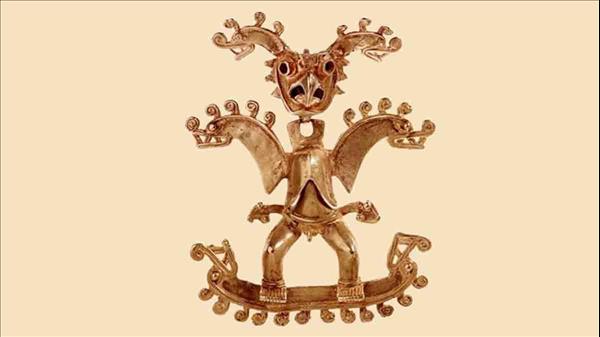



Sibu Cultural Hero Of The Talamanquena Mythology Menafn Com
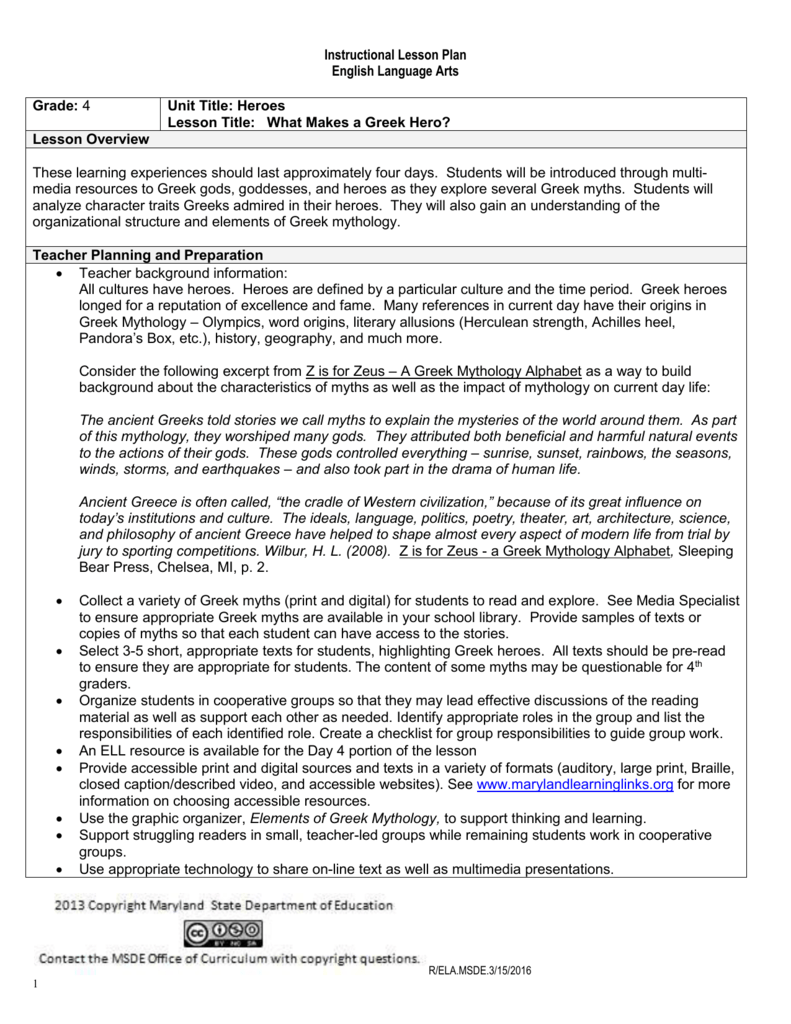



Instructional Lesson Plan
Even though most cultures may seem very different, they have similar beliefs Many of these beliefs are expressed in a culture's creation myth and by comparing the myths from different cultures you can find many similarities The African and Chinese myths for example, show a close similarity in the creation of humansAn archetype is a universal symbolic pattern Here we look at four types of myths and how they reoccur in disparate and diverse cultures around the world Click on Foundations of Mythology Short Answers 3 just like myths constantly have done throughout history One can see that many myths are almost identical or at least closely related in content even though they are being pasted on within dissimilar societies, civilizations, and cultures This is most likely because countless individuals hold strong to different religions, viewpoint,
/greatest-greek-heroes-118992_finalv2-2ff1b989a212462ab88ce6940624e04c.png)



The 10 Greatest Heroes Of Greek Mythology
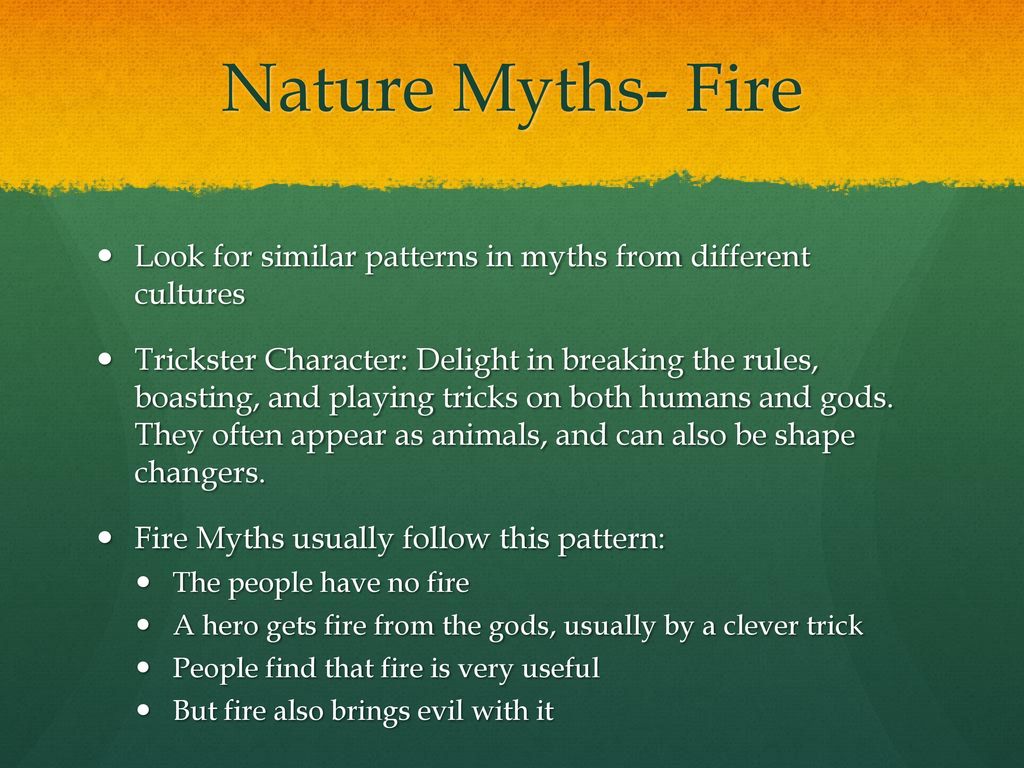



Based On Lesson Plans By Raymond Huber Ppt Download
Myths in which a hero slays a dragon to rescue a princess and then marries her occur in many cultures Jung believed the story represents a struggle to establish control of unconscious forces, saying "only one who has risked the fight with the dragon and is not overcome by it wins the hoard, the 'treasure hard to attain' he has faced the Introduction to the Hero Archetype The hero is one of the most enduring and prevalent archetypes in our society It has been around for a long time and seems destined to be around for a long time to come Some of our earliest images and motifs of the hero comes from Greek and Roman mythologyA starborn hero is found in myths of the Crow, Pawnee, Dakota, Arapaho, Kiowa, Gros Ventre, and Blackfoot Indian mythologies often contain large groups of tales reciting the adventures of a distinguished mythical hero with supernatural attributes, who transforms and in some instances creates the world, who rights great wrongs, and corrects




Mythology World History Encyclopedia
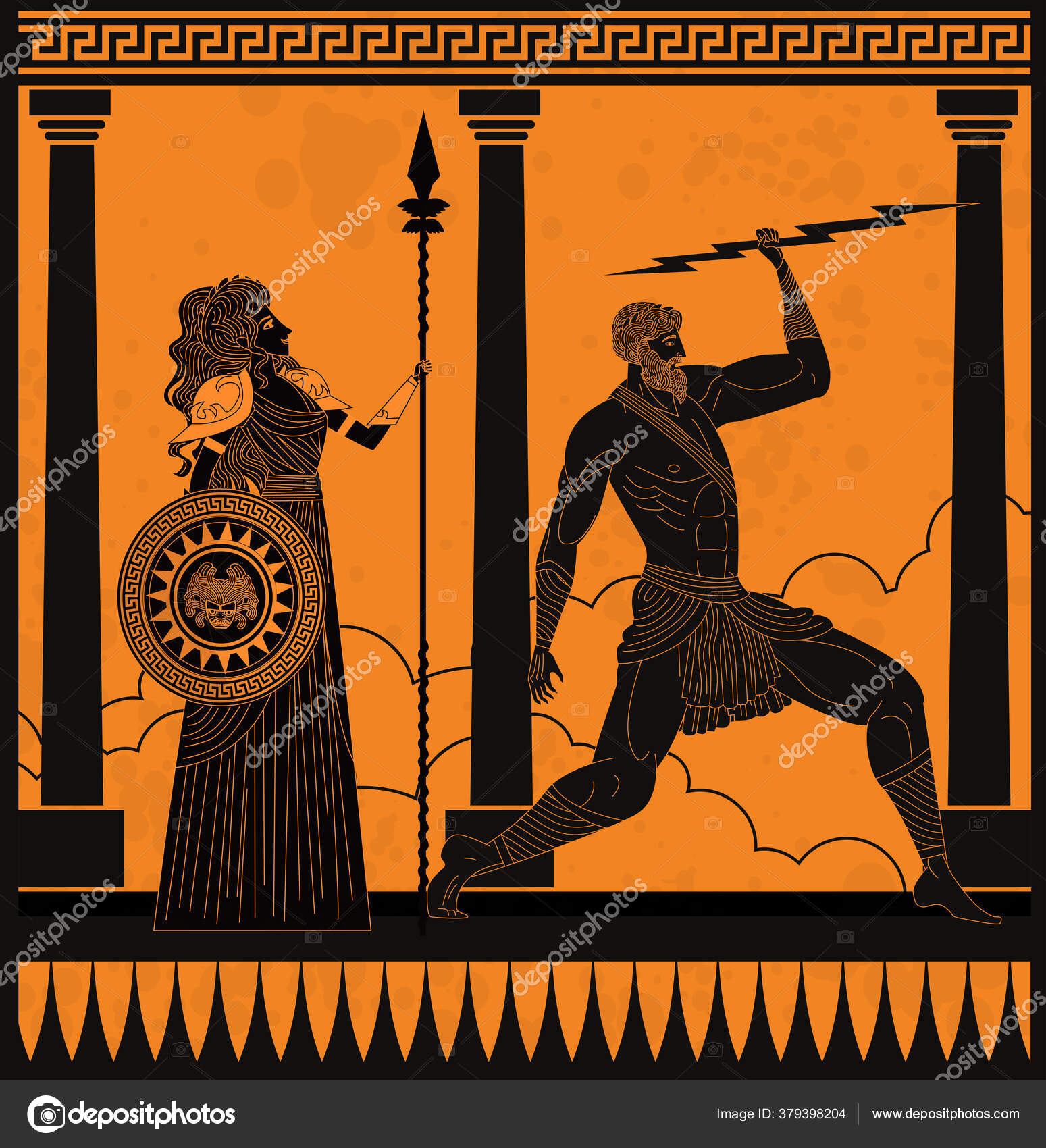



Traditional Greek Potter Art Myth Heroes Gods Culture Elements Colorful Stock Vector Image By C Matintheworld
The study of humanities contributes to the understanding of different cultures through music, film, fine arts, culinary arts, dance, and literature All of the following except one were involved in one or more hero myths The hero is reunited with his lost love just before he dies Throughout history, superstitions have served to bring luck




Myth Wikipedia




Myth Definition History Examples Facts Britannica




The Myth Of Heroism Aier




Mythology Myth Dream Wisdom From Our Oldest Stories Part 2
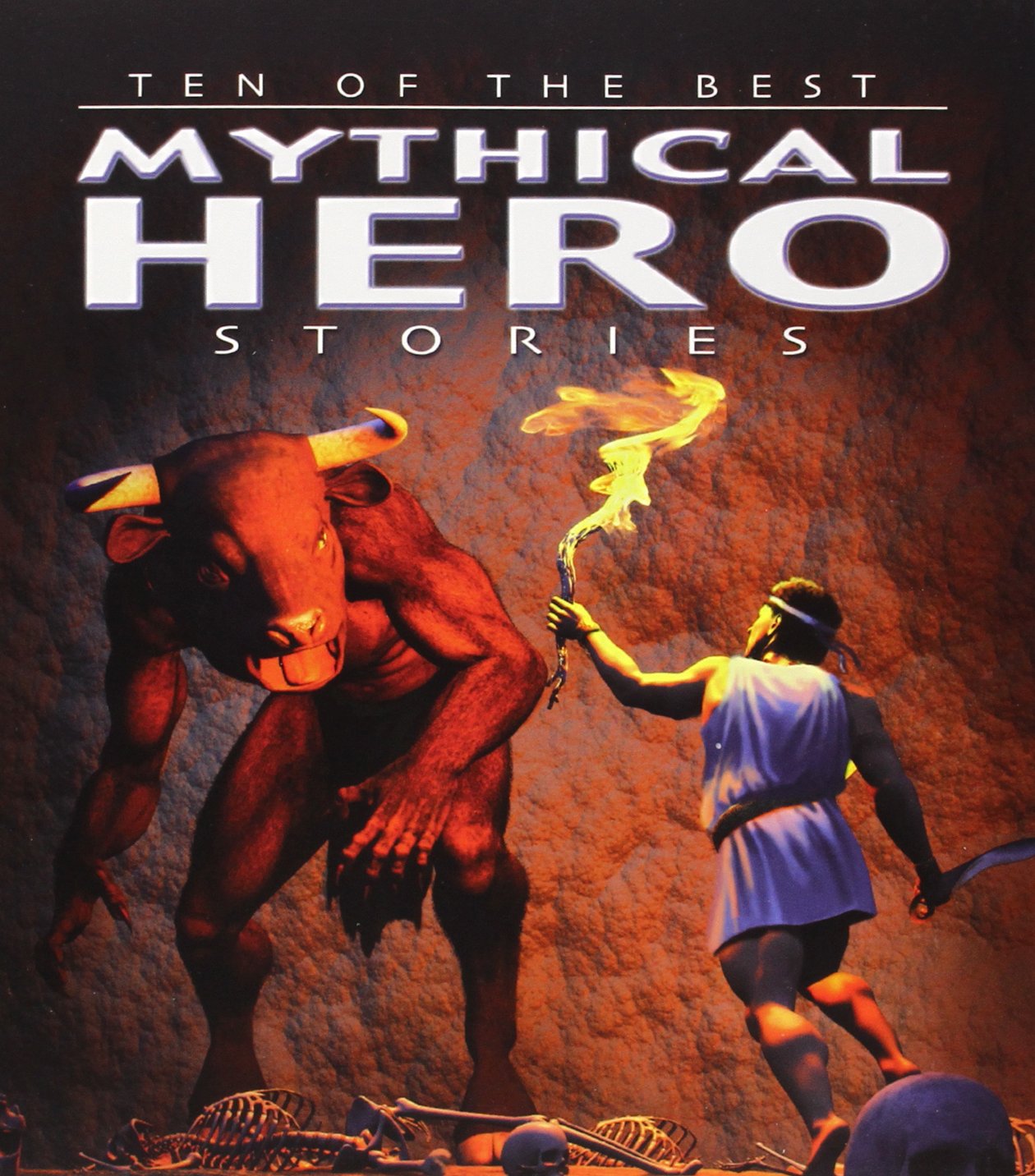



Ten Of The Best Mythical Hero Stories Ten Of The Best Myths Legends Folk Stories West Professor Of Latin David Amazon Com Books




Ancient Greece
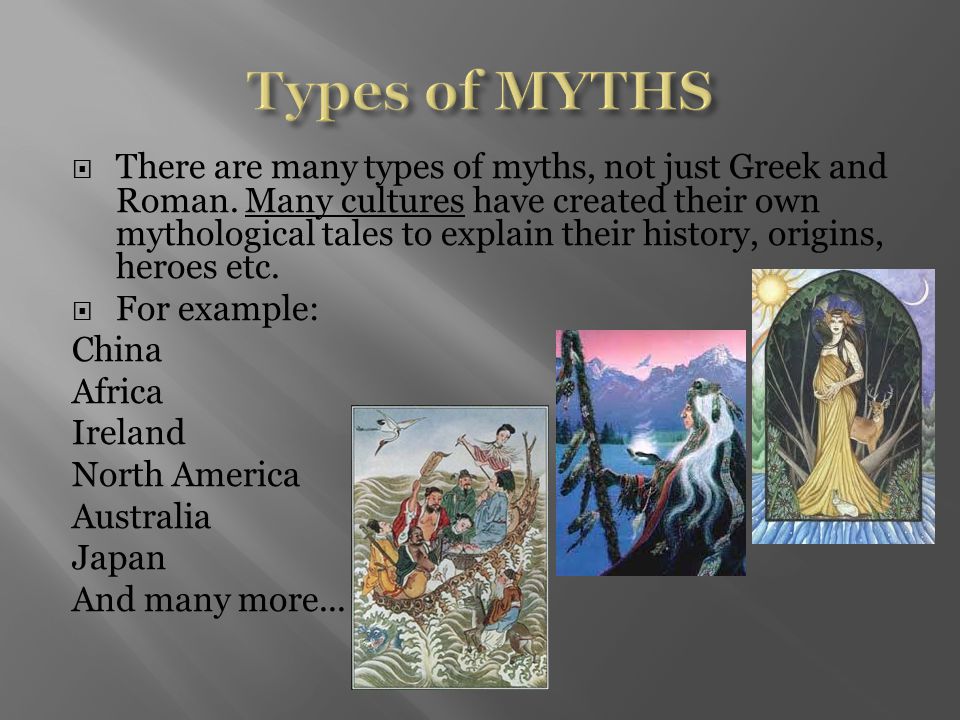



Introduction To Mythology Ppt Download




The 7 Greatest Heroes Of Greek Mythology Mythological Curiosities See U In History Youtube
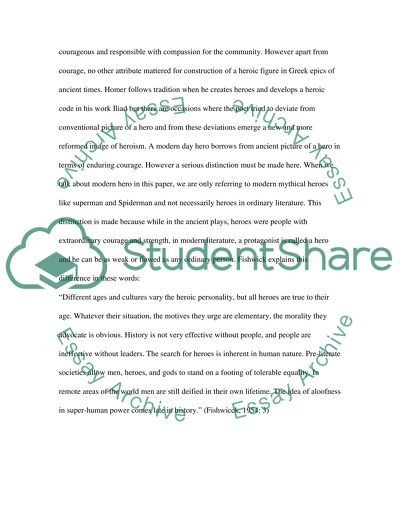



Classical Mythology Essay Example Topics And Well Written Essays 2250 Words




Cultural Hero Japanese Mythology Folklore




Aya Aya Addresses Mythical Super Hero Culture In Academia We Visualized The Academic Hero As A Multi Armed Being Who Teaches Investigates Valorizes Manages And Has A Third Eye On Societal




The Art Of Being Human Chapter Three Chapter
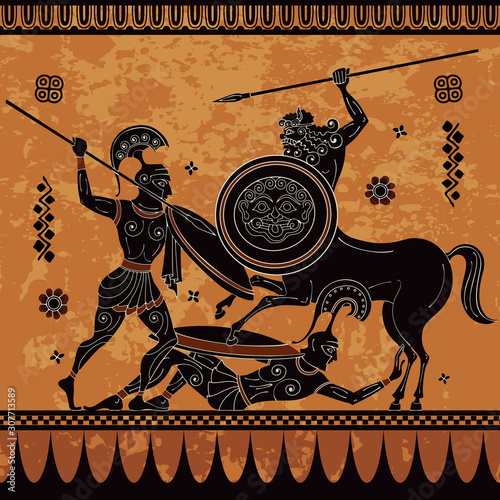



Centaur Hero Spartan Myth Ancient Civilization Culture Ancient Greece Warrior Black Figure Pottery Ancient Greek Scene Banner Stock Vector Adobe Stock
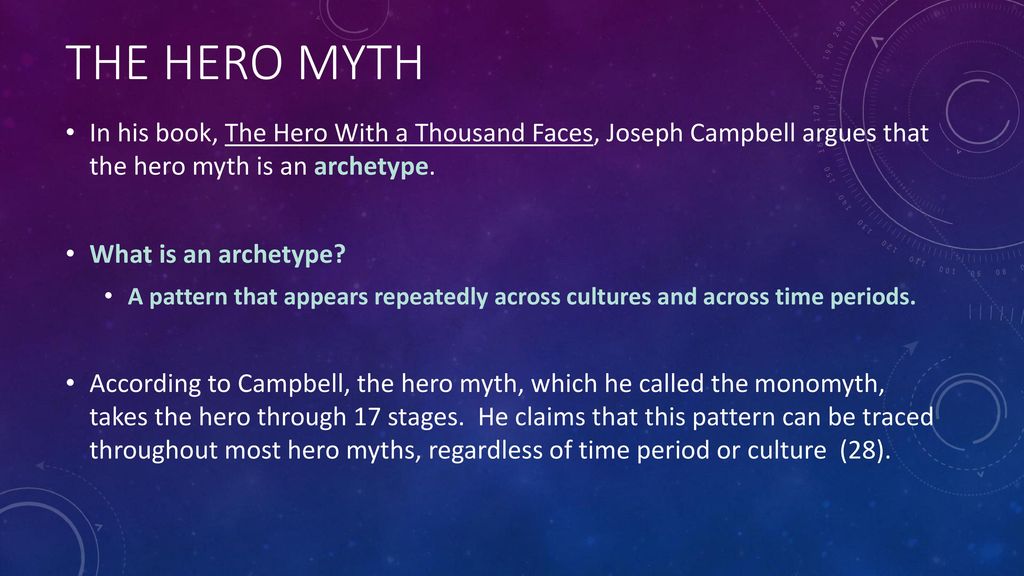



The Hero With A Thousand Faces Ppt Download




Inventing Cultural Heroes National Rural Health Alliance



Http Www Lacma Org Sites Default Files Final for web heroes Legends Pdf




Stories From The Beginning Of Time An Ancient Story Dealing With Supernatural Beings Ancestors And Heroes It Explains The View Of A Group Of People Ppt Download




The Hero S Journey Hero Myths Hero Myths Contain The Goals And Virtues Of An Entire Nation Or Culture They Are Conveyed Through The Quest And Adventures Ppt Download




Roman Myths Heroes And Legends Cultures Customs And Traditions Pickels Dwayne E Amazon Com Books




Greek Mythology Gods Characters Stories History




Mythology World History Encyclopedia
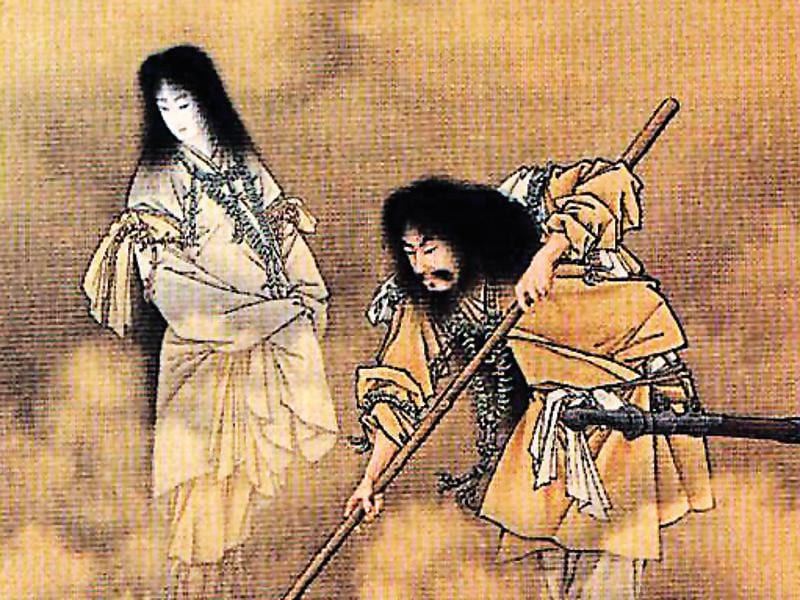



10 Best Mythological Tales From Around The World Hindustan Times



Heroes Myth Encyclopedia Mythology Greek God Story Legend Names Ancient Animal War
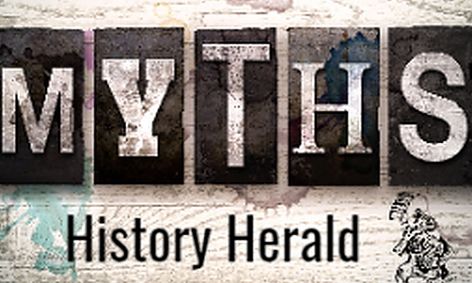



History Herald Myth Legend Club World Cultures Stories Gods Heroes Monsters Small Online Class For Ages 9 13 Outschool




Dragons Here S How They Originated Symbol Sage




African Mythology Gods Heroes Legends And Myths Of Ancient Africa Easy History English Edition Ebook Barrow Jim Amazon De Kindle Store
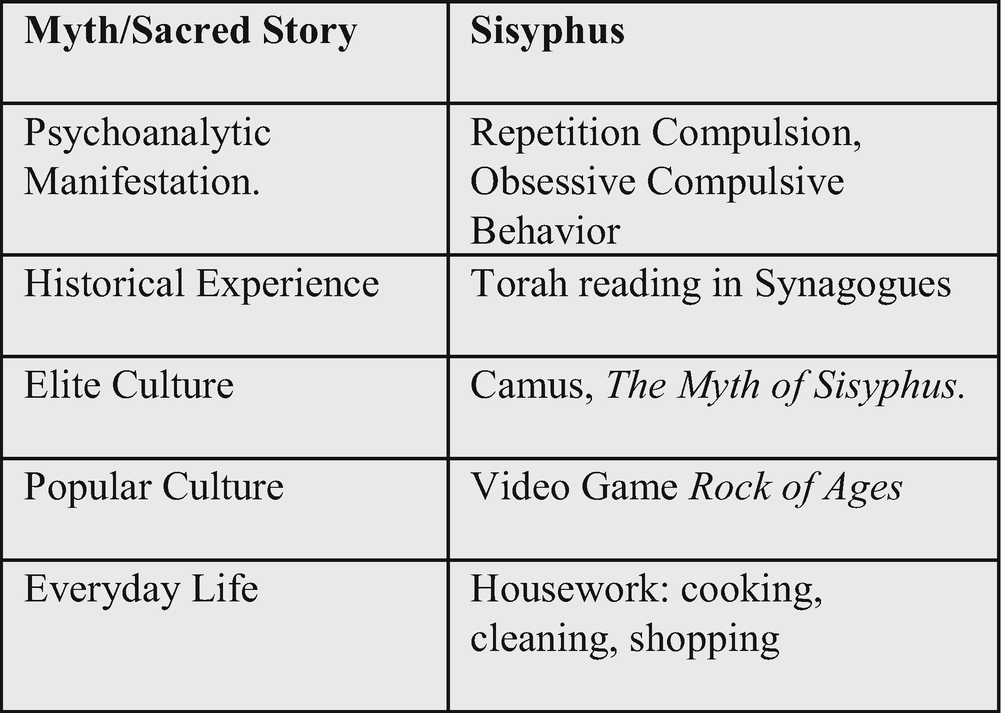



Myth And Everyday Life Springerlink
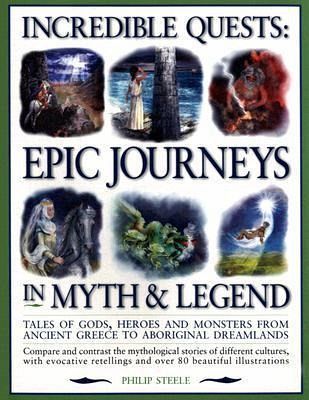



Incredible Quests Epic Journeys In Myth Legend Von Philip Steele Englisches Buch Bucher De



Www Jstor Org Stable
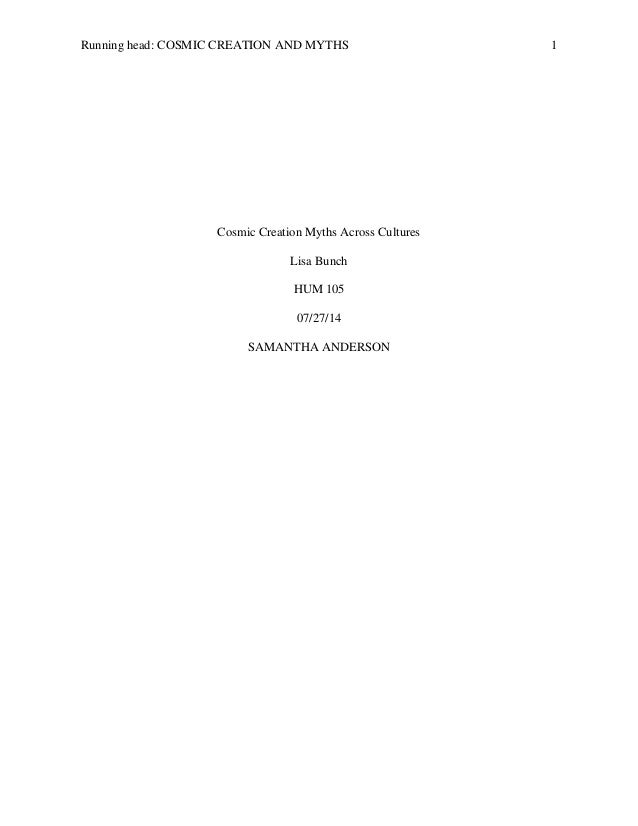



Cosmic Creation Myths Across Cultures Lisa Bunch
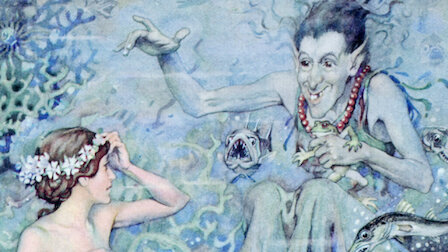



Myths Monsters Netflix
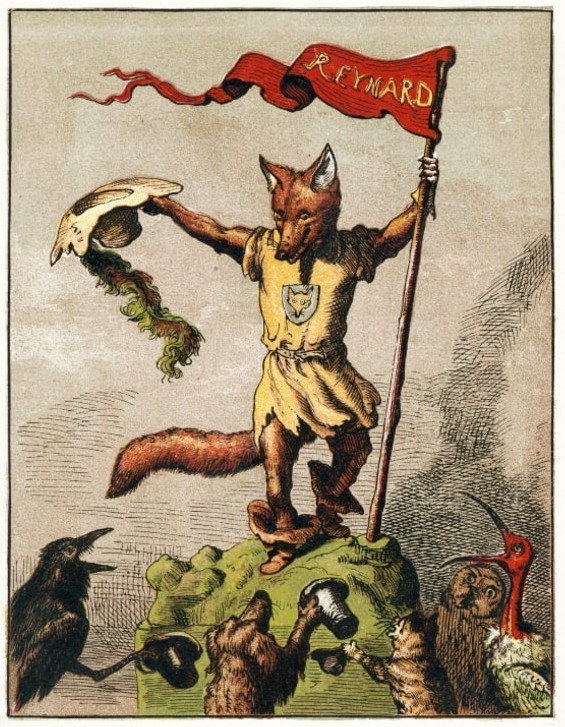



Trickster Wikipedia




Pdf Two Individuation Modes Of Chinese Hero Myth In The Framework Of The Heart Of Psychology




Heracles Greek Heroes In Popular Culture Through Time 2 3 Youtube
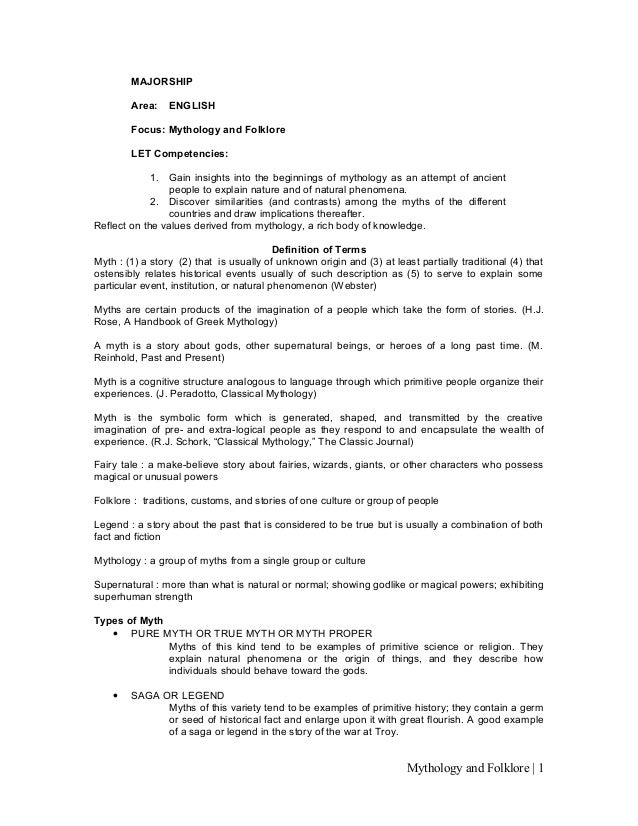



Mythology And Folklore 11 Of 16




Jean Little Library Hero Books Mythology




In Search Of Myths Heroes Myths Archetypes Pbs
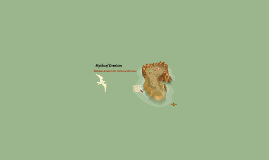



Myths Of Creation Culture Heroes By Gulsen Kocaevli




Portrait Of Fuxi A Culture Hero In Chinese Legend And Mythology Stock Photo 1746 Superstock



Nagy S Ancient Greek Hero Second Most Popular Course For Undergrads Department Of The Classics




Hero Wikipedia
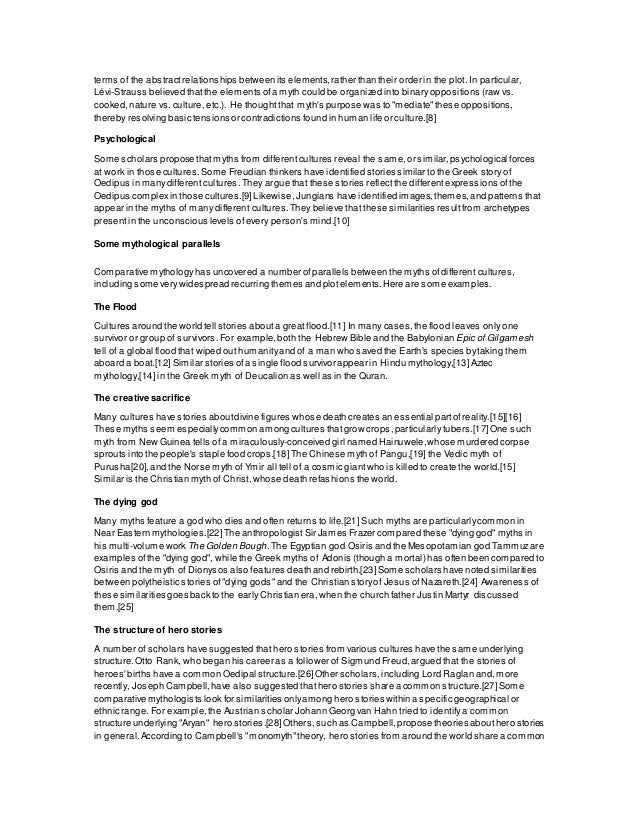



Comparative Mythologies The September 11th Terrorist Attacks




Myths And Hero Tales A Cross Cultural Guide To Literature For Children And Young Adults By Agnes Regan Perkins And Alethea K Helbig 1997 Hardcover For Sale Online Ebay
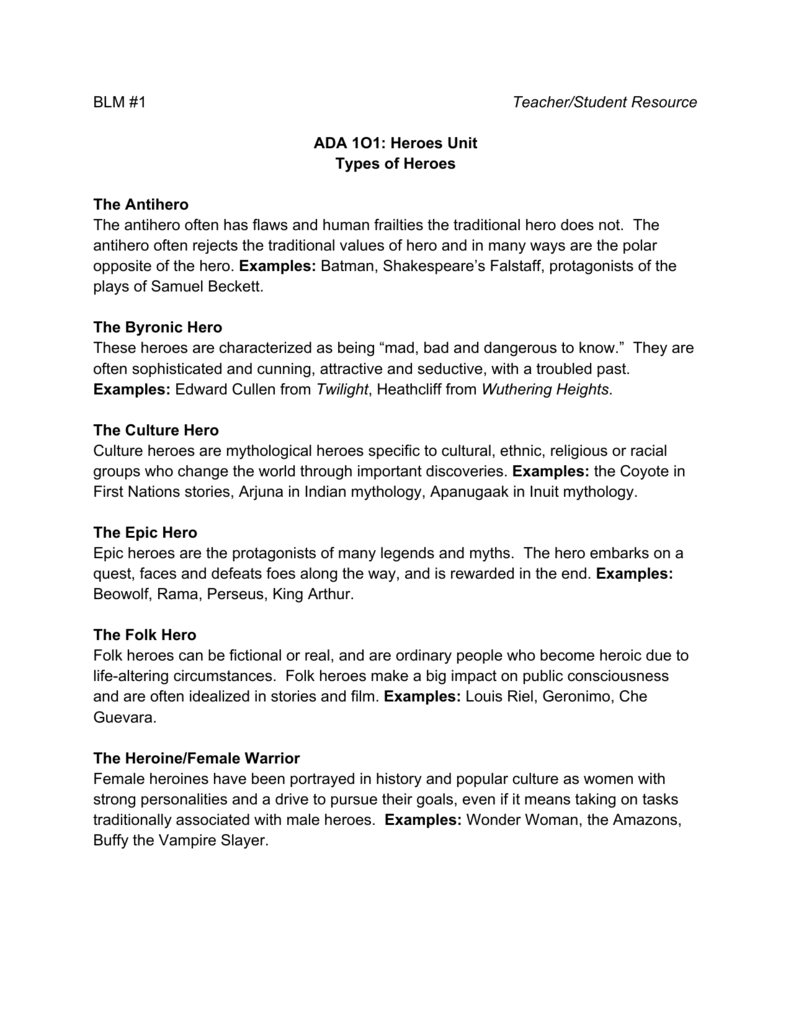



1 Types Of Heroes




Buy African Mythology Gods Heroes Legends And Myths Of Ancient Africa Easy History Paperback October Online In Indonesia B08ljvy677




African Mythology Gods Heroes Legends And Myths Of Ancient Africa Easy History Pricepulse




Chapter 4 How To Tell A Myth Legend Or Hero Tale Pages 1 Flip Pdf Download Fliphtml5




Hero Myths A Reader Segal Robert A Segal Esther Ed Segal Esther Ed Amazon De Bucher




Mythology Lesson Plans Page 1 Of 30 Pdf Free Download




Pin On Educational Resources
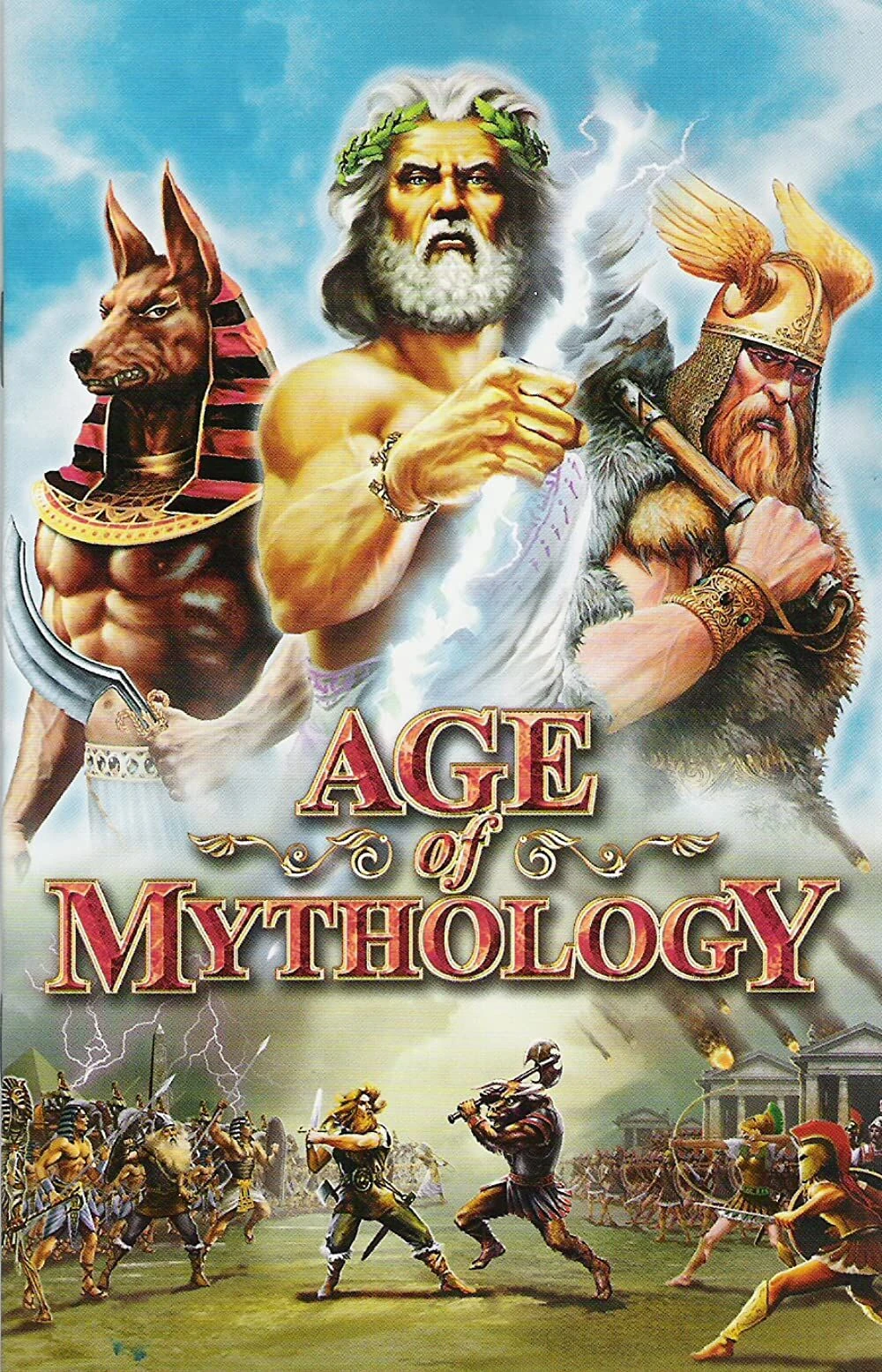



Age Of Mythology Age Of Empires Series Wiki Fandom




Archetypes Greek Mythology And The Heros Journey Archetypes



3




Perseus The Myth Of A Culture Hero His Story With Andromeda Medusa Mythology




Handout 1 1 Myths And Legends Pdf




Myths Stories From The Beginning Of Time What Is A Myth An Ancient Story Dealing With Supernatural Beings Ancestors And Heroes It Explains The Ppt Download
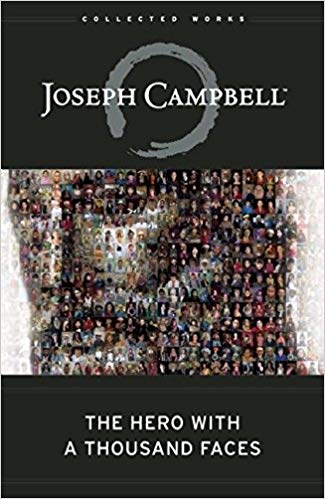



4 Culture Heroes From Mesopotamia To America Shortform Books




Hero Myth Freedom A Royalty Free Stock Photo From Photocase



Www Jstor Org Stable



1




Buy Aztec Mythology Gods Heroes Legends And Myths Of The Aztec Peoples Easy History Paperback May 11 21 Online In Turkey B094qk7ysy
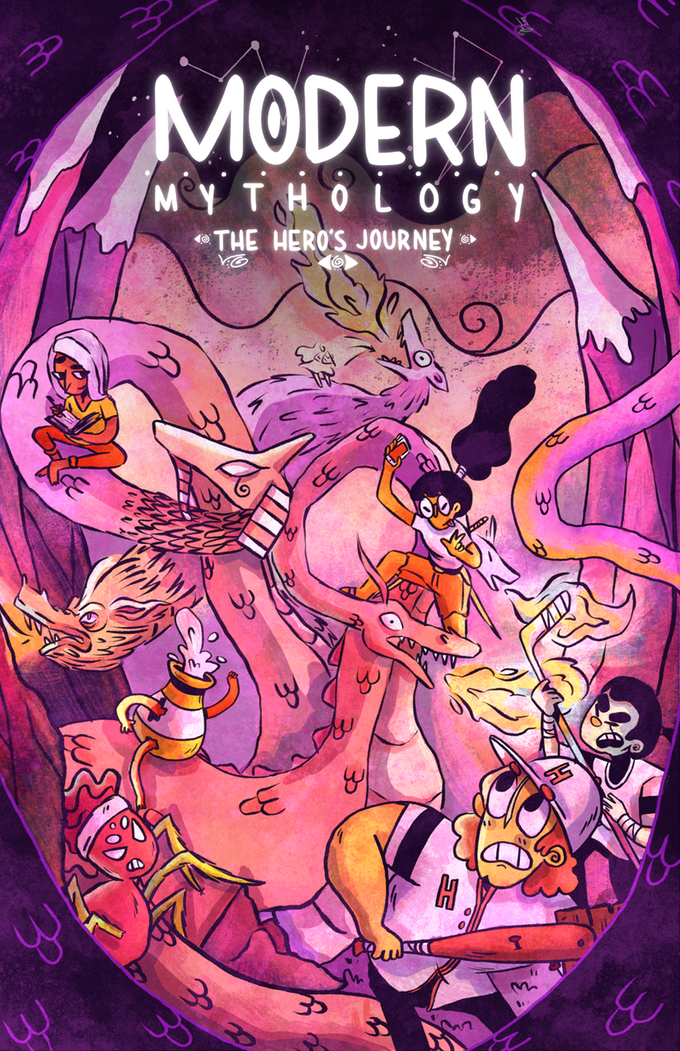



Modern Mythology The Hero S Journey By J Curcio Modern Mythology



Heroes Myth Encyclopedia Mythology Greek God Story Legend Names Ancient Animal War



1
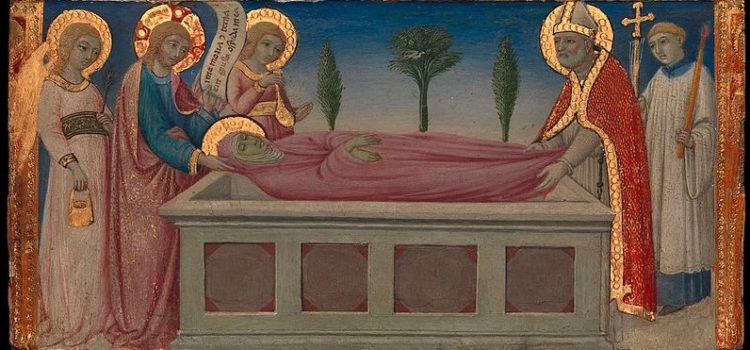



4 Culture Heroes From Mesopotamia To America Shortform Books
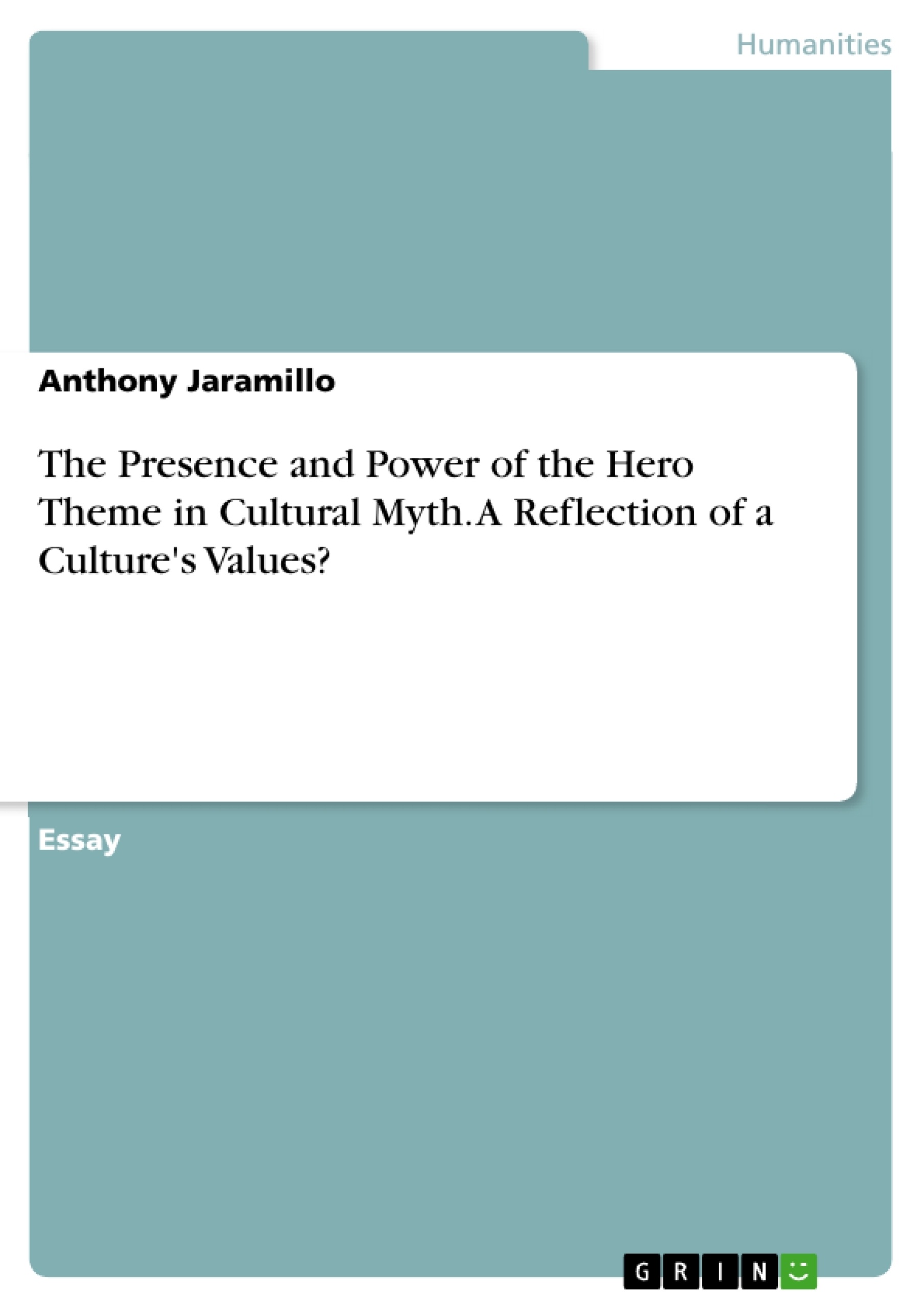



The Presence And Power Of The Hero Theme In Cultural Myth Grin



Myths And Hero Tales A Cross Cultural Guide To Literature For Children And Young Adults Helbig Alethea Free Download Borrow And Streaming Internet Archive




Magic Monsters And Makebelieve Heroes How Myth And Religion Shape Fantasy Culture Amazon De Cowan Fremdsprachige Bucher
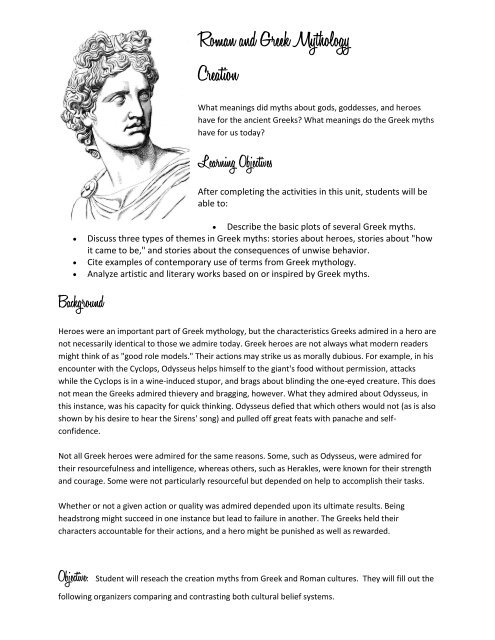



Roman And Greek Mythology Pdf Gdhs English Department




Greek Mythology Continues To Inspire And Entertain Culture Arts Literature The National Herald




Greek Mythology Myth And Legends Mrs Hoegh Hero




Hero S Journey Wikipedia
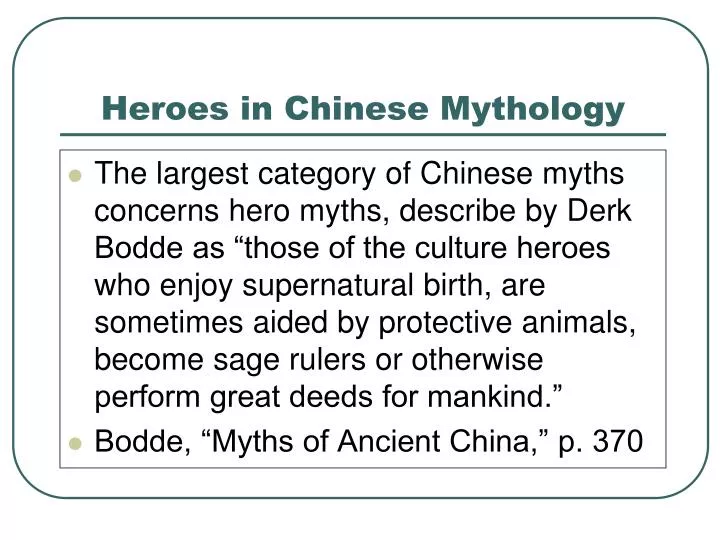



Ppt Heroes In Chinese Mythology Powerpoint Presentation Free Download Id
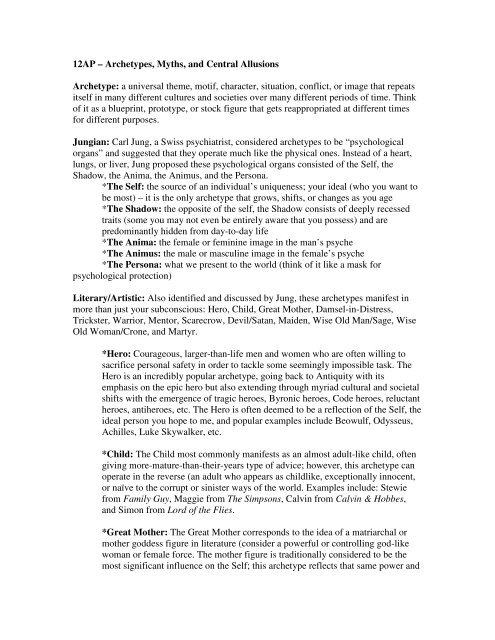



12ap Archetypes Myths And Central Allusions Archetype A




Myth Definition History Examples Facts Britannica
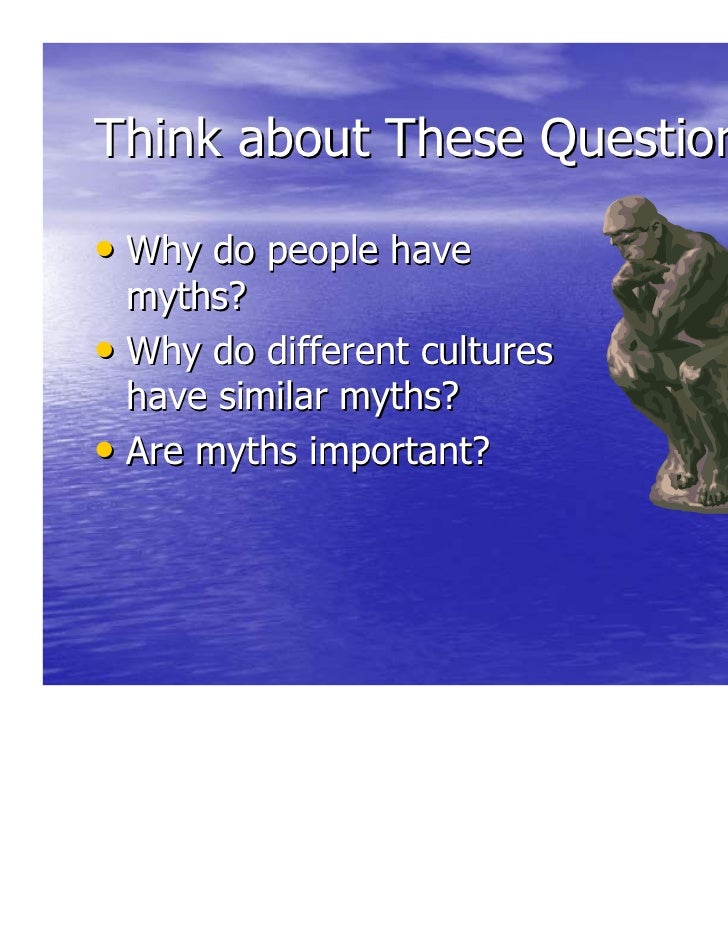



Enduring Heroes
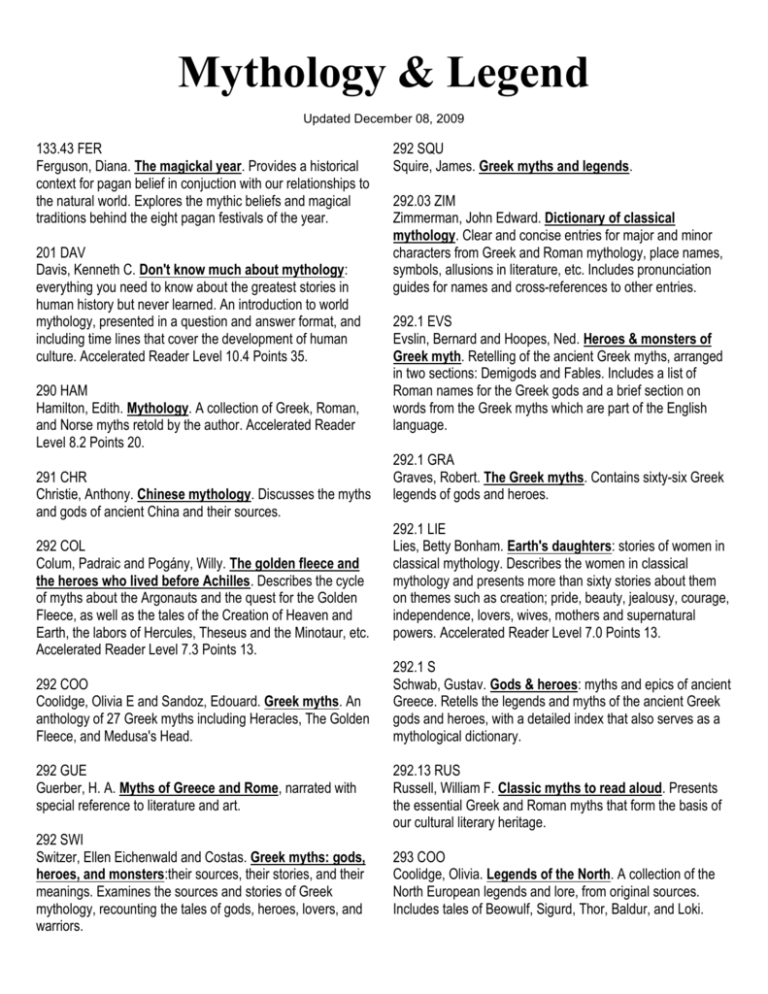



Subpage 61 Mythology And Legend




The Chinese Have A Rich Culture And Deep Rooted Mythology And They Honor Their Past By Continuing To Create Movies And Books Chinese Mythology Mythology Myths
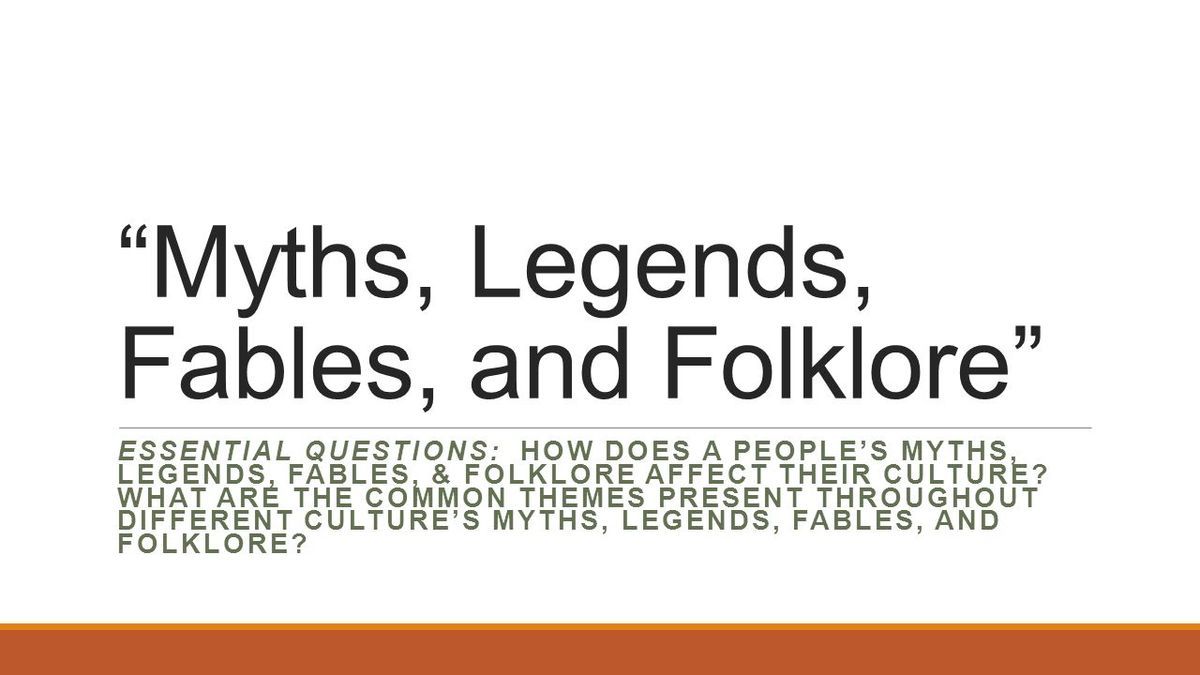



Myths Heroes And Legends From France As Seen From An American Perspective Lycee Camille See North Central High School
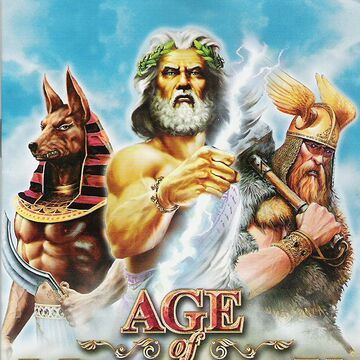



Age Of Mythology Age Of Empires Series Wiki Fandom




Perseus The Myth Of A Culture Hero His Story With Andromeda Medusa Greek Mythology Explained Fiction Mythology Afro Emperor Himalaya




Greek Mythology Students Britannica Kids Homework Help




Barbarians Or Heroes The Germanic Tribes Beyond The Myths Culture Arts Music And Lifestyle Reporting From Germany Dw 18 09
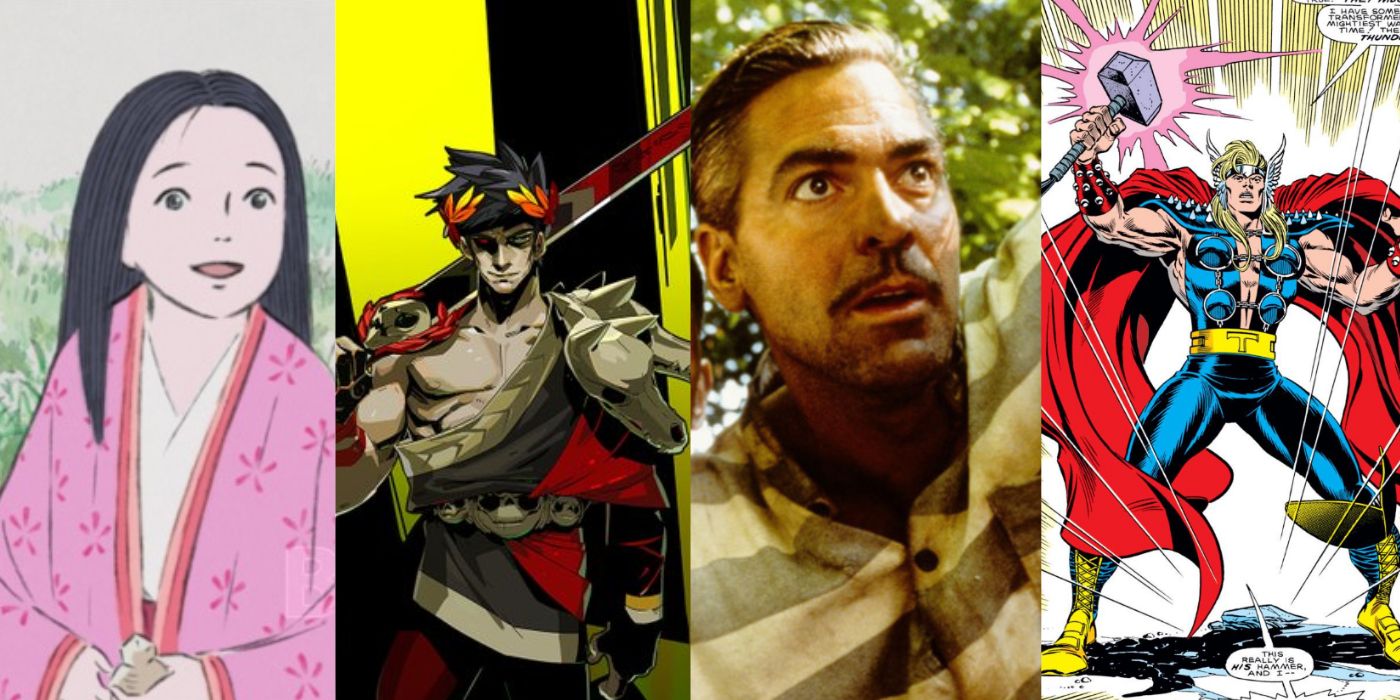



The Hades Game Thor And 8 Other Best Tales Of Pop Culture Myths Hot Movies News




African Mythology The Afrosoul Chronicles




10 Legendary Cultural Heroes Who Founded Cities And Countries Kickassfacts Com
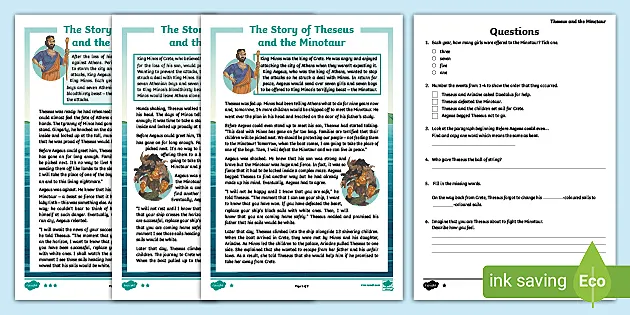



Uks2 Mythical Stories From Different Cultures The Story Of Theseus And The




Similarities Between Myths And Deities Of Different Cultures


